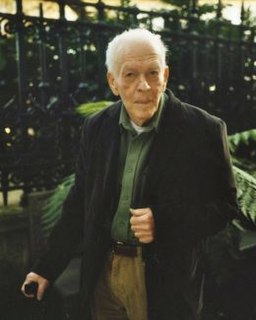Top 20 Quotes & Sayings by Gene Sharp
Explore popular quotes and sayings by an American professor Gene Sharp.
Last updated on November 22, 2024.
Nonviolent action involves opposing the opponent's power, including his police and military capacity, not with the weapons chosen by him but by quite different means. Repression by the opponent is used against his own power position in a kind of political "ju-jitsu" and the very sources of his power thus reduced or removed, with the result that his political and military position is seriously weakened or destroyed.
Further, democratic negotiators, or foreign negotiation specialists accepted to assist in the negotiations, may in a single stroke provide the dictators with the domestic and international legitimacy that they had been previously denied because of their seizure of the state, human rights violations, and brutalities. Without that desperately needed legitimacy, the dictators cannot continue to rule indefinitely.
Dictatorships usually exist primarily because of the internal power distribution in the home country. The population and society are too weak to cause the dictatorship serious problems, wealth and power are concentrated in too few hands. Although dictatorships may benefit from or be somewhat weakened by international actions, their continuation is dependent primarily on internal factors.
There’s one thing that’s been 'learned' maybe from Tunisia and Egypt that I think is a mistake. And that is that the existing ruler has to resign. He doesn’t have to resign. You take all the supports out from under him; he falls. No matter what he wants to do. This is the distinction in the analyses between nonviolent coercion in which he has to resign, but he’s forced into it, and disintegration when the regime simply falls apart. There’s nobody left with enough power to resign.


















